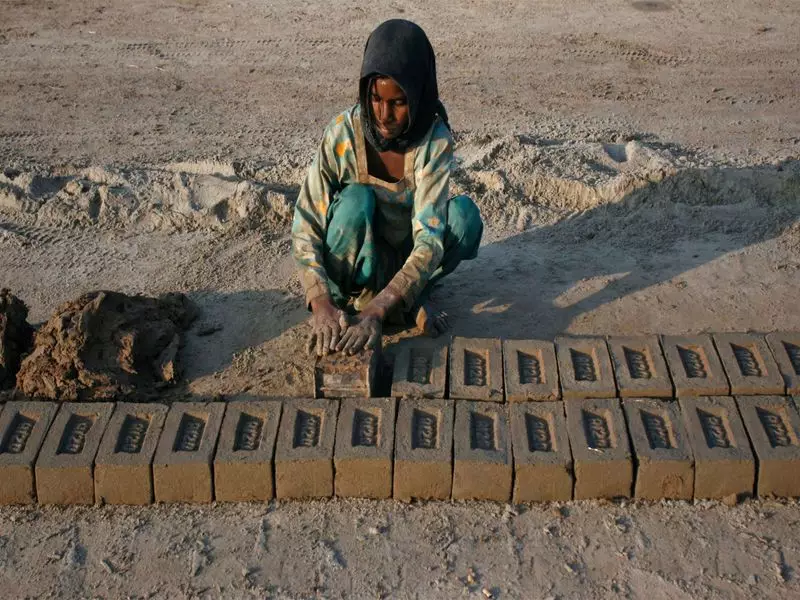
A startling government-conducted survey has uncovered a devastating reality in Pakistan's Sindh province, where approximately 1.3 million children are trapped in labour, with the vast majority working in the agriculture sector under challenging conditions.
Alarming Statistics from Sindh Child Labour Survey
The comprehensive Sindh Child Labour Survey 2023, conducted by the provincial labour department with UNICEF support, reveals that 1.31 million children aged 10-14 are engaged in various forms of labour across the province. This represents a significant portion of the childhood population in the region.
Agriculture Sector: The Primary Employer
Disturbingly, the survey found that 79.3% of these child labourers—amounting to over one million children—are employed in the agriculture sector. These young workers face:
- Long hours in fields and farms
- Exposure to pesticides and harsh weather
- Minimal or no protective equipment
- Dangerous working conditions
Education Crisis Among Working Children
The survey highlights a severe education deprivation crisis, with 58.8% of working children completely out of school. Even more concerning, 31.2% of child labourers have never received any formal education whatsoever, creating a cycle of poverty and limited opportunities.
Regional Distribution and Urban-Rural Divide
The crisis shows significant regional variations within Sindh:
- Highest prevalence in Kashmore district (16.8%)
- Lowest incidence in Karachi South district (0.2%)
- Substantial rural-urban divide in child labour patterns
Gender Disparities in Child Labour
The survey reveals gender-based differences in employment patterns. While boys predominantly work in agriculture, girls are more likely to be engaged in domestic labour and other informal sectors, often making them less visible in official statistics.
Government Response and Legal Framework
Pakistan has established legal protections through:
- The Sindh Prohibition of Employment of Children Act 2017
- Constitutional guarantees for free compulsory education
- International commitments to child rights conventions
Despite these measures, implementation remains a significant challenge, particularly in remote rural areas where monitoring is difficult and poverty drives families to depend on children's earnings.
Path Forward: Recommendations and Solutions
Experts suggest a multi-pronged approach to address this crisis:
- Strengthening enforcement of existing child labour laws
- Expanding social protection programs for vulnerable families
- Improving access to quality education in rural areas
- Creating awareness about children's rights to education and protection
- Developing targeted interventions for agricultural communities
The survey serves as a crucial wake-up call for policymakers, civil society, and international organizations to intensify efforts toward eliminating child labour and ensuring every child's right to education and childhood in Pakistan.





